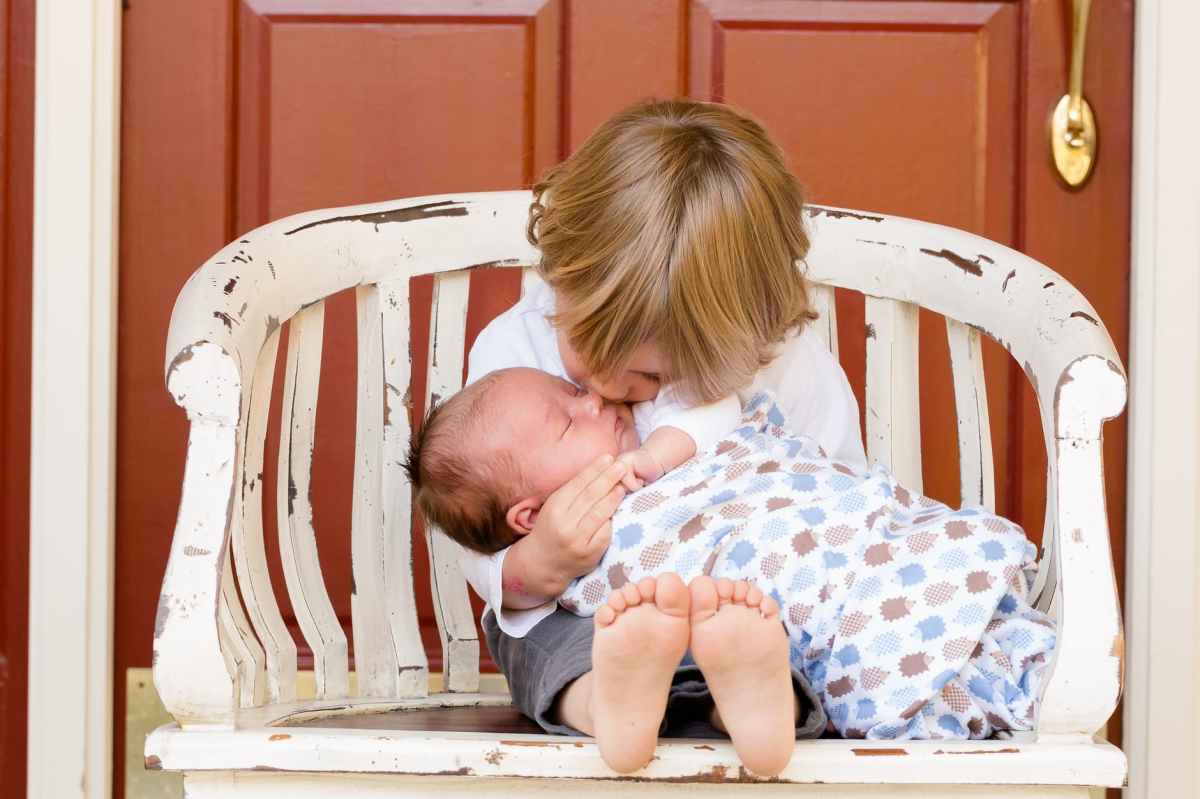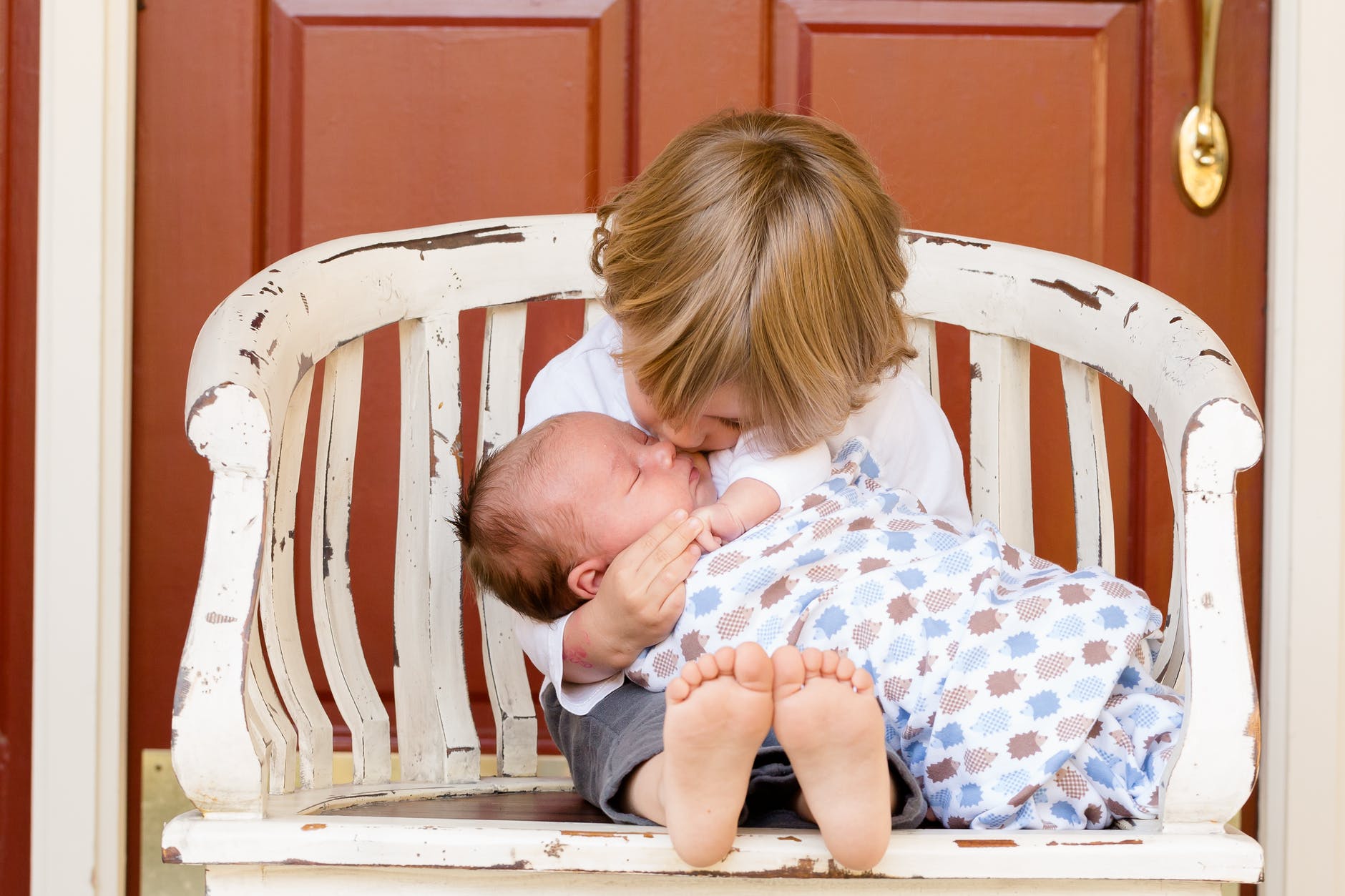The noise of the celebration grew as word of the son’s return spread through the community. Friends and neighbors showed up to welcome him home. (click here for Part 1, Part 2, Part 3)

The band arrived and music spewed into the nearby fields, reaching the ear of the older brother. He had been working hard and was uncomfortably hot when he stopped to wonder what the noise was.
“What neighbor could possibly be having a celebration on a work day?” he wondered. Looking around for an answer he was stunned to realize the commotion was from his father’s house.
Not having been told of any plans for a party, he called one of the servants and sent him to see what was going on.
When the servant returned he rather shyly told the older son that his father had hired a band and killed the fattened calf.
“What would ever make him do that?” demanded the son.
“Well,” the servant began hesitantly. “Well.”
“Well what!”
“Well, your brother has come home.”
“My brother is home and this is what my father does!” the son fumed, as he threw down his field tools and rushed to the house, sputtering insults as he went.
When he arrived in the front yard his father saw him and motioned him to come in and join the party.
But he would not. He stayed outside, getting more and more enraged.
Finally his father came out. The father should not have had to come out. His oldest son’s refusal to come in was insulting. But the father loved him.
“Son,” he said. “Please come in and celebrate with me. You know how heartsick I have been since your brother left. But now he is home. We can forget the sorrow and be happy again. Please come in.”
But he would not go in. Instead he quite disrespectfully yelled at his father.
“Look, all these many years I have served you, and I never disobeyed your command, but you never gave me even a little goat, so I could celebrate with my friends. But when this son of yours came, who has devoured your property with prostitutes, you killed the fattened calf for him!”
Now this father’s heart broke all over again. But he loved both his sons, so he said to him, “Son, you are always with me, and all that is mine is yours. It’s right that we celebrate and are glad, for your brother was dead, and now is alive; he was lost, and is found.”
And that is the end of the story. Jesus doesn’t tell us if the older brother joins the party. I think he wants you to decide.
***************
Scripture referenced: Luke 15:25-32












